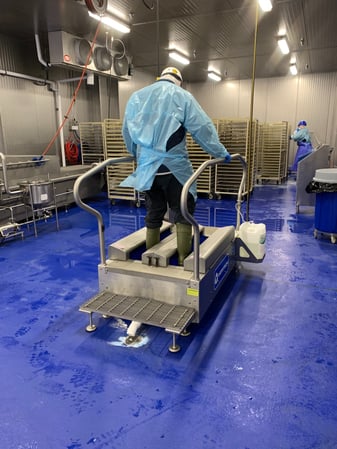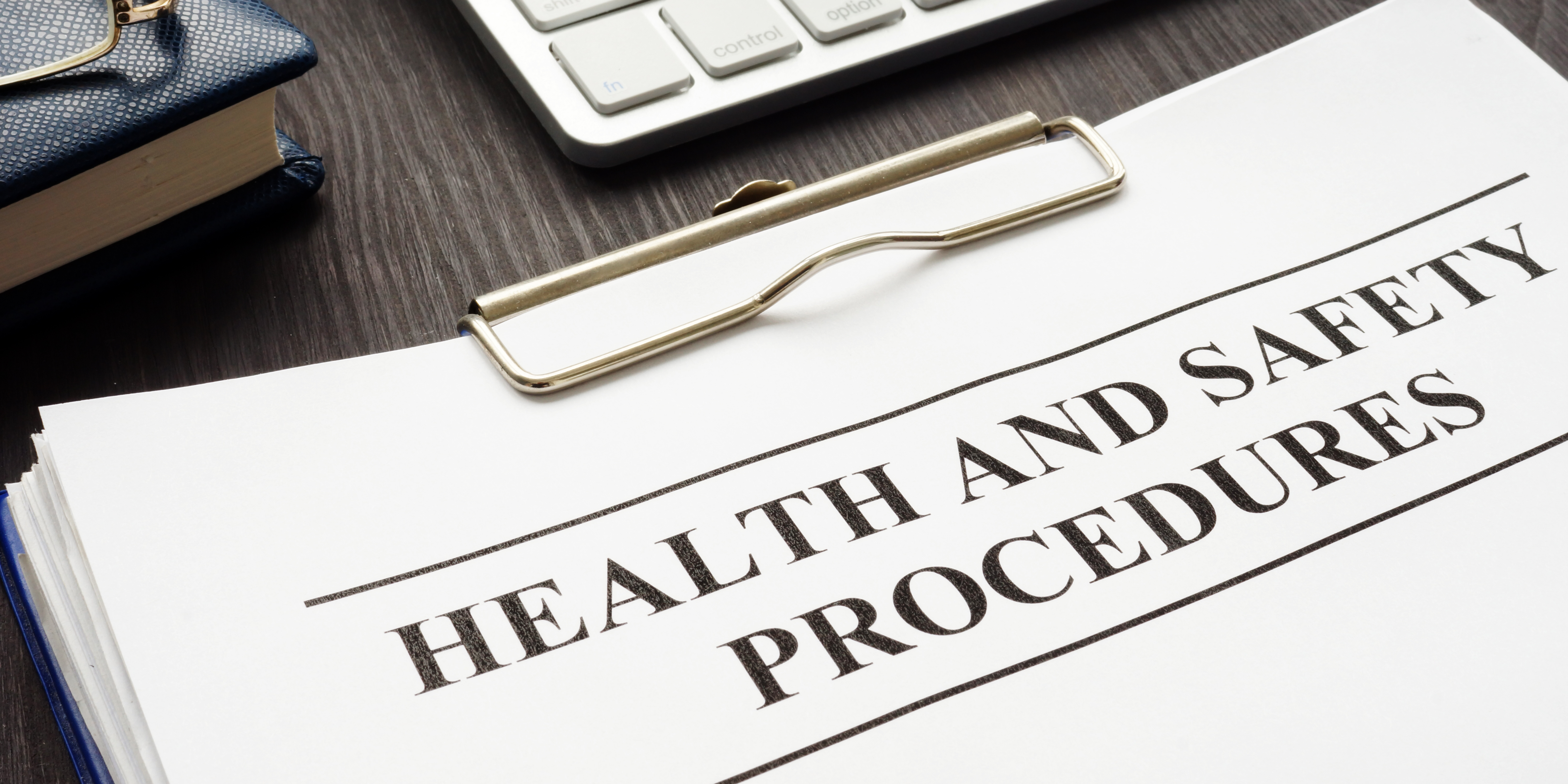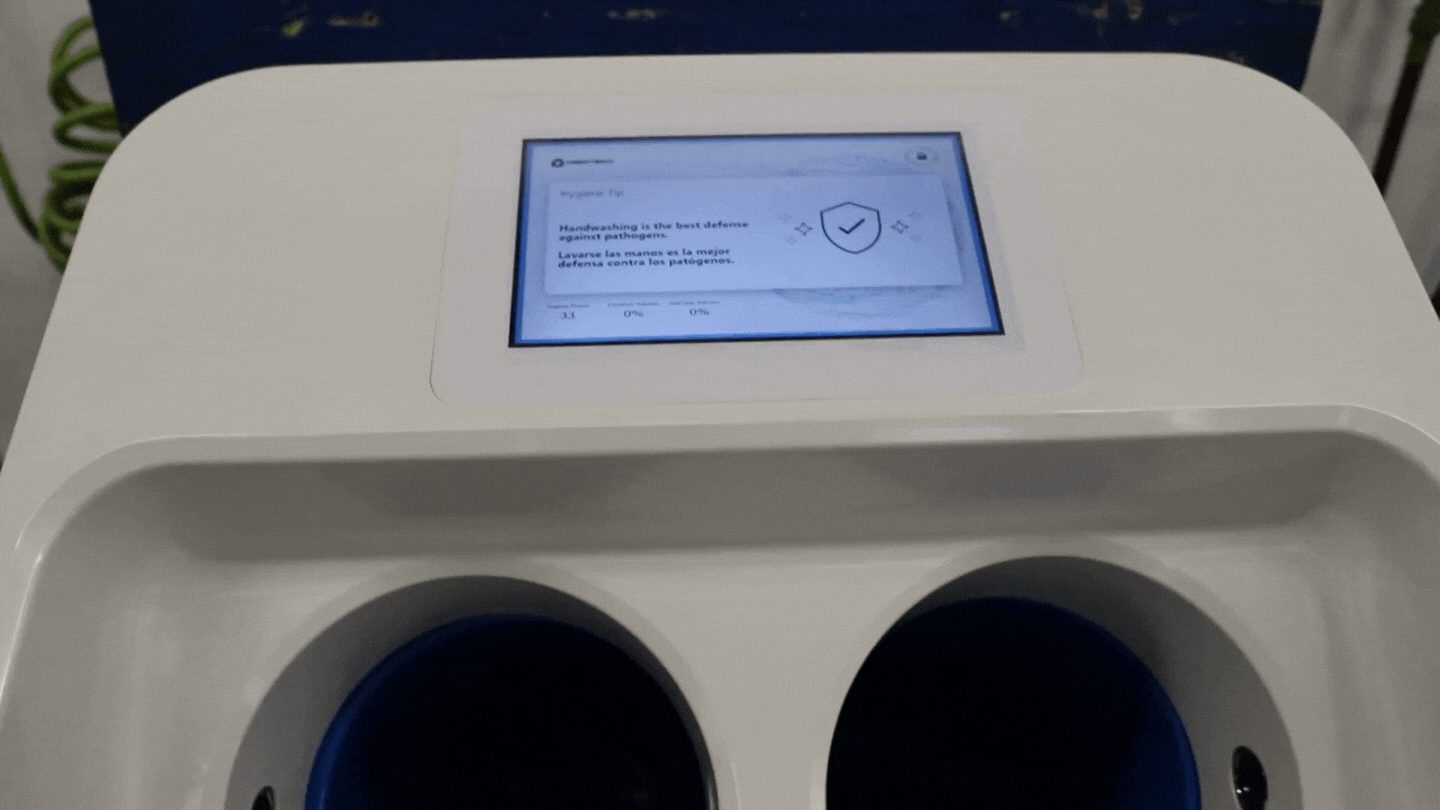Implementing Effective Food Safety Management Systems
Food safety is an absolutely crucial factor for any business in the food industry. Whether you own a restaurant, work in food manufacturing, or are involved in distribution, it is vital to prioritize the safety and quality of the food you handle. To achieve this, implementing an effective food safety management system (FSMS) is essential. This system will not only protect the health and well-being of consumers but also ensure regulatory compliance and safeguard your business reputation. In this blog post, we will delve into the key elements and best practices for establishing and maintaining an efficient Food Safety Management System.
Understanding Food Safety Management Systems
 A well-functioning food safety management system consists of a comprehensive set of policies, procedures, and practices that are specifically designed to ensure the safe handling, preparation, and storage of food. This system covers every step of the food production process, starting from the sourcing of raw materials all the way to the final delivery of the product to consumers. The primary goal of implementing an Food Safety Management System is to effectively identify and manage potential hazards that could pose a risk to the safety of the food being produced.
A well-functioning food safety management system consists of a comprehensive set of policies, procedures, and practices that are specifically designed to ensure the safe handling, preparation, and storage of food. This system covers every step of the food production process, starting from the sourcing of raw materials all the way to the final delivery of the product to consumers. The primary goal of implementing an Food Safety Management System is to effectively identify and manage potential hazards that could pose a risk to the safety of the food being produced.
Learn about developing a positive food safety culture
Identifying Potential Hazards
To successfully implement an efficient Food Safety Management System, the first crucial step is to identify any potential hazards present within your food operation. These hazards can take the form of biological, chemical, or physical contaminants that have the potential to harm consumers. By conducting a thorough hazard analysis, you can evaluate the risks associated with each stage of the food production process. This analysis will allow you to prioritize control measures and develop appropriate preventive actions.
Establishing Prerequisite Programs
Prerequisite programs serve as the backbone of a strong food safety management system, providing essential controls to ensure the highest standards of safety. These programs encompass a range of practices, including good manufacturing practices (GMPs), sanitation procedures, thorough employee training, and meticulous facility maintenance. GMPs guarantee that food is produced in hygienic conditions, while sanitation procedures focus on maintaining cleanliness and preventing any risk of cross-contamination. Through comprehensive employee training, all staff members are equipped with a deep understanding of food safety protocols and their individual roles and responsibilities.
Implementing HACCP Principles
Hazard Analysis and Critical Control Points (HACCP) is a systematic and proactive approach to identifying and managing potential risks in food production. This method is built upon seven key principles, including conducting a thorough hazard analysis, determining critical control points, establishing critical limits, implementing monitoring procedures, taking corrective actions, conducting verification, and maintaining detailed records. By incorporating HACCP principles into your food safety management system, you ensure effective hazard control and risk management throughout every stage of the food production process.
Learn about Food Safety Training
Documenting Procedures and Processes

Proper documentation is a crucial aspect of an effective food safety management system. It is essential to thoroughly document all standard operating procedures (SOPs), work instructions, and forms related to food safety. These documents serve as a valuable resource for employees, ensuring the consistent implementation of food safety practices. Additionally, maintaining records of monitoring activities, corrective actions, training sessions, and audits is vital. Regularly reviewing and updating these documents is important to reflect any changes in processes, regulations, or best practices and to ensure the highest standards of food safety.
Conducting Internal Audits
Conducting regular internal audits is vital in assessing the effectiveness of your food safety management system. By consistently reviewing and evaluating your food safety procedures and practices, you can identify any areas for improvement or potential gaps. It is crucial to assign trained personnel to carry out these audits and ensure compliance with food safety standards. Audits not only provide an opportunity to rectify any deficiencies but also foster a culture of continuous improvement within your organization, driving excellence in food safety practices.
Download our Hand Hygiene Audit Tool
Training and Education for Food Safety Management Systems
Investing in continuous training and education for your employees is absolutely essential in fostering a strong and unwavering food safety culture. It is crucial to provide comprehensive training programs that encompass important areas such as personal hygiene, allergen management, prevention of foodborne illnesses, and proper handling of hazardous substances. Consistently communicating updates, reminders, and best practices related to food safety to all staff members is key. By empowering your employees with the necessary knowledge and skills, you ensure their unwavering commitment to upholding the highest standards of food safety.

CleanTech® Automated Handwashing Stations play a vital role in employee training within many facilities in the food industry. By implementing CleanTech®, businesses can ensure that employees are receiving the perfect hand wash that removes more than 99.9% of pathogens every time. These automated handwashing stations not only enhance food safety but also streamline employee training by providing simple and standardized protocols and procedures. CleanTech® stations also offer training videos through the touchscreen display that automatically educate new employees on how to properly use the system.
Learn how CleanTech® can help with compliance
Collaboration and Continuous Improvement of Food Safety Management Systems
Promoting food safety requires a collaborative effort that spans the entire food supply chain. It is crucial to establish efficient communication channels with suppliers, distributors, and regulatory authorities to facilitate the exchange of information and address any potential food safety concerns. Additionally, staying abreast of emerging trends, regulations, and industry best practices through active participation in food safety conferences is essential. By fostering collaboration and continuously seeking improvement, we can ensure the highest standards of food safety throughout the industry.
Check out our Food Safety Toolbox for valuable training resources






